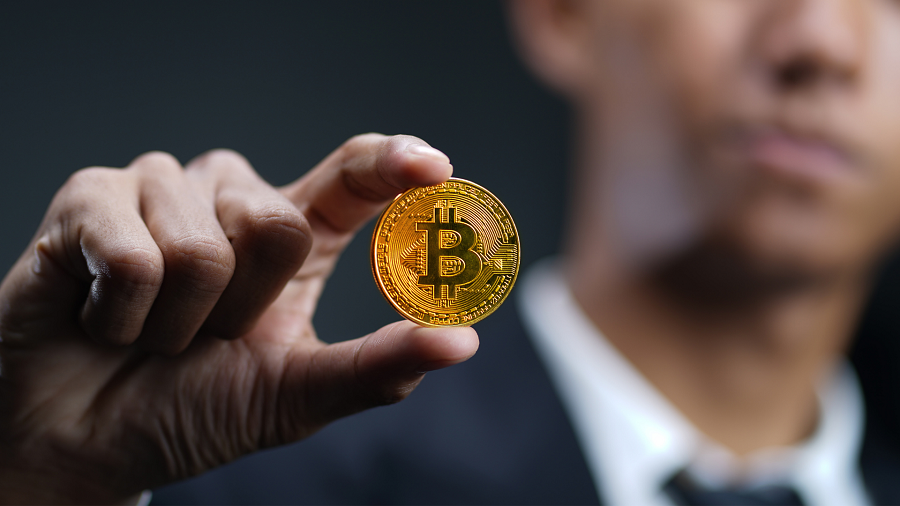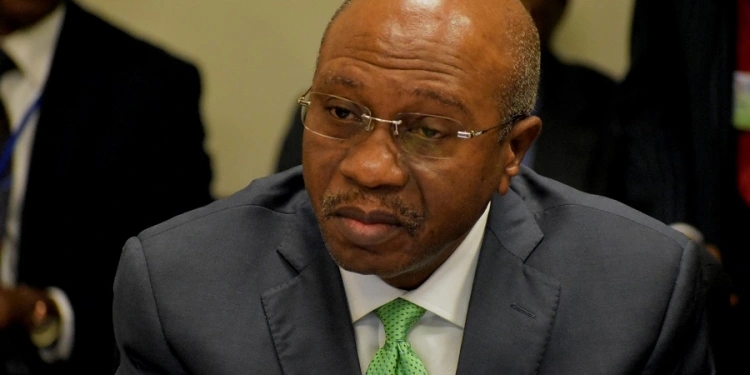The headline inflation rate in Ghana decreased marginally for the first time in a year to 53.6%, representing a 0.93% decline from 54.1% in December 2022.
The 0.93% inflation slow-down may be a sigh of relief for the Ghanaian monetary authorities who had been battling steep inflation over the past year. Inflation in Ghana rose from 15.7% in January 2022 to 54.1% in December 2022.
In Ghana, the most important components in the Consumer Price Index (CPI) are food and non-alcoholic beverages (43 per cent of total weight); housing and utilities (10 per cent); transport (10 per cent) and clothing and footwear (8 per cent).
The index also includes education (7 per cent); restaurants and accommodations (5 per cent); alcoholic beverages, tobacco and narcotics (4 per cent); and information and communication (4 per cent).
Recreation, sports and culture; furniture, household equipment and maintenance; personal care, social protection and miscellaneous goods and services; health; and insurance and financial services account for the remaining 9 per cent of total weight.
Recall that Ghana had reached an agreement with the IMF in December of 2022 for a $3 billion three-year extended credit facility loan, as the country faces a severe economic crisis. The program aims to stabilize the economy and achieve debt sustainability.
Perspective
Ghana’s annual inflation rate accelerated for the 19th straight month to 54.1% in December of 2022, up from 50.3% in the prior month. This was the highest reading since April of 2001, with inflation surpassing the 10% ceiling of the central bank’s target range since September 2021, as the slight depreciation of the cedi from mid-December contributed to a further increase in the cost of imported goods (61.9% vs 55.1% in November).
Main upward pressure came from prices of transportation (71.4% vs 63.1%), of which fuels; utilities (82.3% vs 79.1%) and food products (59.7% vs 47.9%).
















